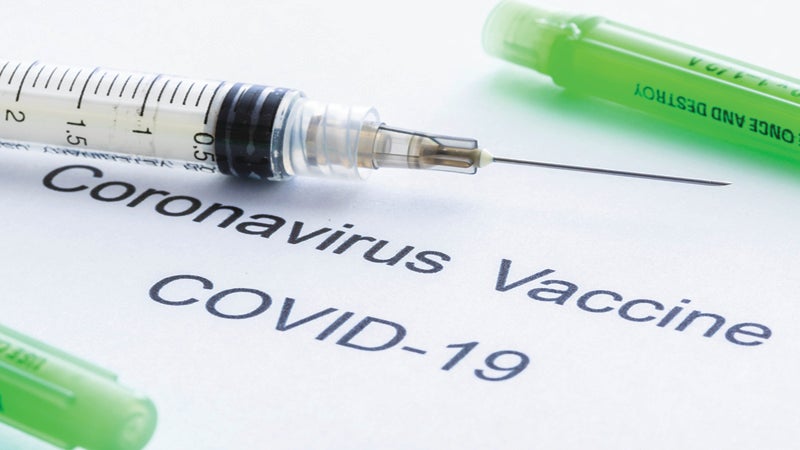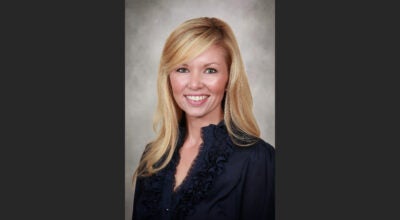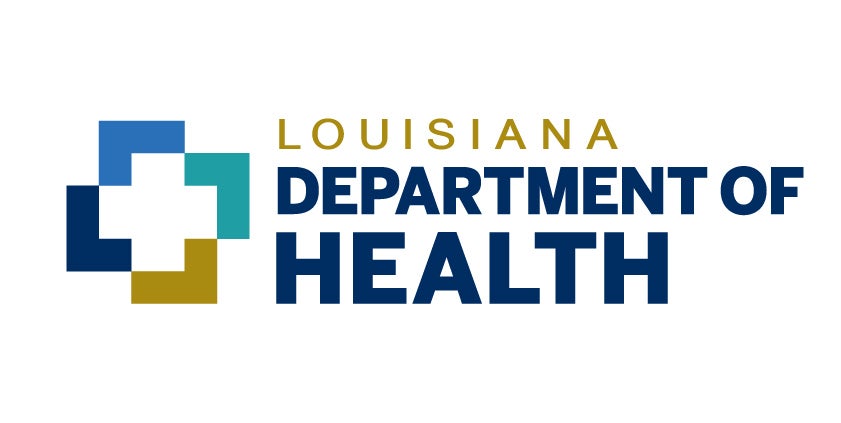Hollibaugh: Concussion management is a year-round concern
Published 12:00 am Wednesday, September 4, 2019

- Becky Hollibaugh, DO. Ochsner Medial Center LaPlace
It’s hard to believe, but August has come to a close, and school is back in full swing. With the start of the academic year, fall sports also begin and for many parents, the anticipation of seeing their child excel on the field is countered by concern for their safety. While football is the sport most associated with concussions, other sports like soccer and lacrosse (and even basketball, baseball and cheerleading) also have risks. Historically, parents, coaches and players alike have all easily recognized and accepted the inherent athletic risks of broken bones and blown out knees, but often the threat of injury to the brain–specifically that of concussion—was an afterthought.
Quick recognition and appropriate treatment of concussions has been identified as essential for achieving the primary goal for parents, athletes, coaches and physicians – returning the concussed athlete back to sports as quickly, and safely, as possible.
According to the Centers for Disease Control, 20 percent of all athletes involved in contact sports experience a concussion each season with the majority occurring at the high school level.
Watch for these concussion symptoms:
- Headache
- Fatigue
- Sleep cycle disruption
- Emotional lability (excessive irritability) or overly-flattened affect
- Sensitivity to light and/or noise
- Nausea or vomiting
- Dizziness or imbalance
- Disruption of memory, attention and/or concentration
- Difficulty with problem solving or slowed processing speed
If a concussion patient experiences seizures, repeated vomiting, slurred speech or declining mental status, such as difficulty in being awakened, the patient should seek emergency medical assistance as soon as possible.
Take proper time to recover:
- Rest the brain – it is just as important as resting the body.
- Reduce cognitive stressors such as TV, texting, computer usage, reading, video gaming, or other activities that increase the brain’s metabolism so that it can adequately heal.
- Take a full recovery and complete an appropriate graduated return to play protocol before returning to any sports activity.
Repeated head injuries following an initial concussion – and before adequate brain healing – can be quite serious, resulting in worsening or exacerbation of the patient’s symptoms, prolonging one’s recovery course, or even death in the case of second impact syndrome.
Take preventative measures:
Not all concussions are preventable but being prepared and following safety guidelines can help reduce an athlete’s risk. Wear the appropriate gear for the sport you play.
Athletes, parents and coaches should all be aware of the warning signs of a concussion and follow the rules and safety guidelines for a sport. When in doubt, sit out. It’s better to miss one game or practice than a whole season.
Dr. Becky Hollibaugh offers family medicine services in LaPlace. She received her medical degree from Des Moines University College of Osteopathic Medicine. She completed her residency in family medicine in Lincoln, Nebraska. Dr. Hollibaugh’s approach to medicine is holistic, and she enjoys the aspects of family practice that involve caring for all ages. She prides herself on incorporating emotional, social and spiritual needs within her practice in addition to physical needs. To schedule —an appointment with her at Ochsner Health Center- LaPlace Medical (735 W. Fifth Street), please call 985-652-9504 or schedule online at ochsner.org.





